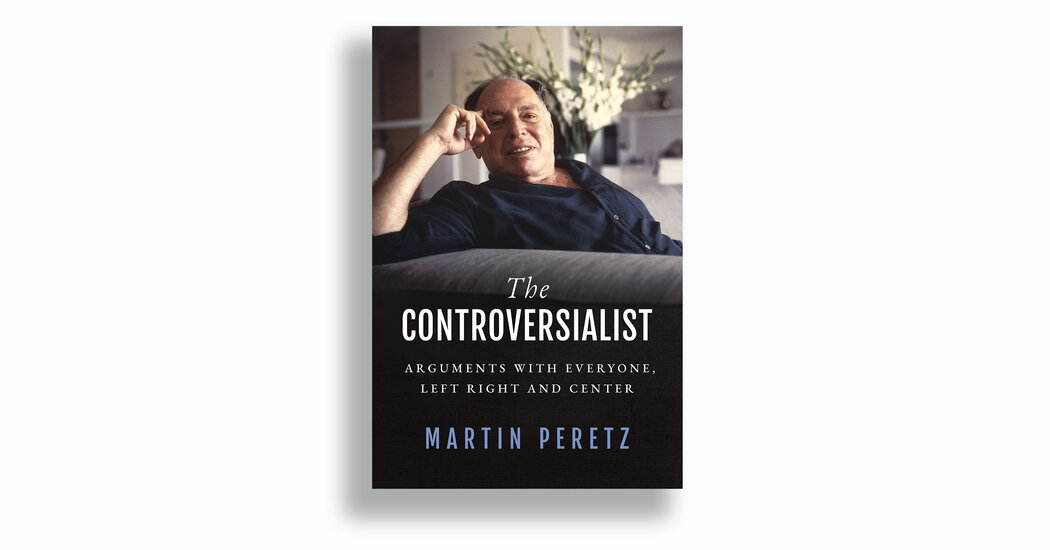I find myself slipping into the past tense. Peretz is, circa right now, at least 64 percent canceled. The official end came in 2010, when he was blogging (“a mistake,” he writes). He made several expedient comments, in the context of a larger argument, including that Muslims may not be worthy of First Amendment protections and that “Muslim life is cheap.” The indignation did not let up for a long time. He writes about the aftermath:
The invasion of Iraq, which I backed, is a disaster; the financial system that my friends helped build has crashed; my wife and I are divorced; The New Republic is sold after I feared going bust — and here I am in my white suit walking across Harvard Yard, surrounded by students: “Harvard, Harvard, shame on you, honoring a racist fool.” The racist fool is, apparently, me. It’s a sodden coda, one I don’t quite grasp, or believe.
More was to come. His iteration of The New Republic did not fare well, in the rearview mirror, under the inquisitive searchlights of #MeToo and Black Lives Matter. The magazine’s longtime literary editor, the lion-maned Leon Wieseltier, who left in 2014, was accused three years later of sexual harassment during his time at The New Republic. The magazine’s decision to publish an excerpt from Charles Murray’s third-rail-gripping 1994 book “The Bell Curve,” in part about racial differences in I.Q., continues to elicit reproof. Add to this the fabrications and plagiarism of the writers Stephen Glass and Ruth Shalit, and The New Republic of the Peretz era can in retrospect begin to resemble, to many, a leaky, disreputable ghost barge.
Peretz is sorry about some of these things. He quickly apologized, he notes here, for his “wild and wounding” language about Muslims. He regrets “not recognizing the plight of the Black underclass in the pages of The New Republic.” He regrets (“regret is not a big enough word”) supporting the invasion of Iraq. But he defends the decision to publish Murray (“Murray is a person who matters”) alongside dissenting opinions, and he stands by Wieseltier, “an intellectual who is also a man of the senses.” He writes: “The truth is that Leon may have been disrespectful to women, but he has also respected them and their work.” He notes that Wieseltier’s new magazine, Liberties, publishes Martha Nussbaum, Helen Vendler and Louise Glück.
He’d much rather talk about his magazine’s high points, such as Andrew Sullivan’s landmark cover story making the conservative case for gay marriage in 1989. They also include publishing the reporting that led to Samantha Powers’s book “A Problem From Hell: America and the Age of Genocide,” which won a Pulitzer Prize in 2003.
He’s proud too, of gathering a group of some of the era’s liveliest thinkers, writers and editors, including Michael Kinsley, Hendrik Hertzberg and Charles Krauthammer. Kinsley was the reason I adored the magazine. He had a nearly Martian intelligence, and the dryness of his wit turned his opponents into pillars of salt. Office high jinks are recounted, such as the time Krauthammer had the password of a master hard drive permanently changed to “Kemp,” after the conservative congressman Jack Kemp, whom Hertzberg loathed.
The punch from Mailer arrived in Peretz’s solar plexus after The New Republic reviewed Mailer’s novel “The Gospel According to the Son” (1997), which reworked the life of Jesus Christ. It was a brutal review, by James Wood. The cover of the issue depicted Mailer on a cross, with the headline “He Is Finished.”


